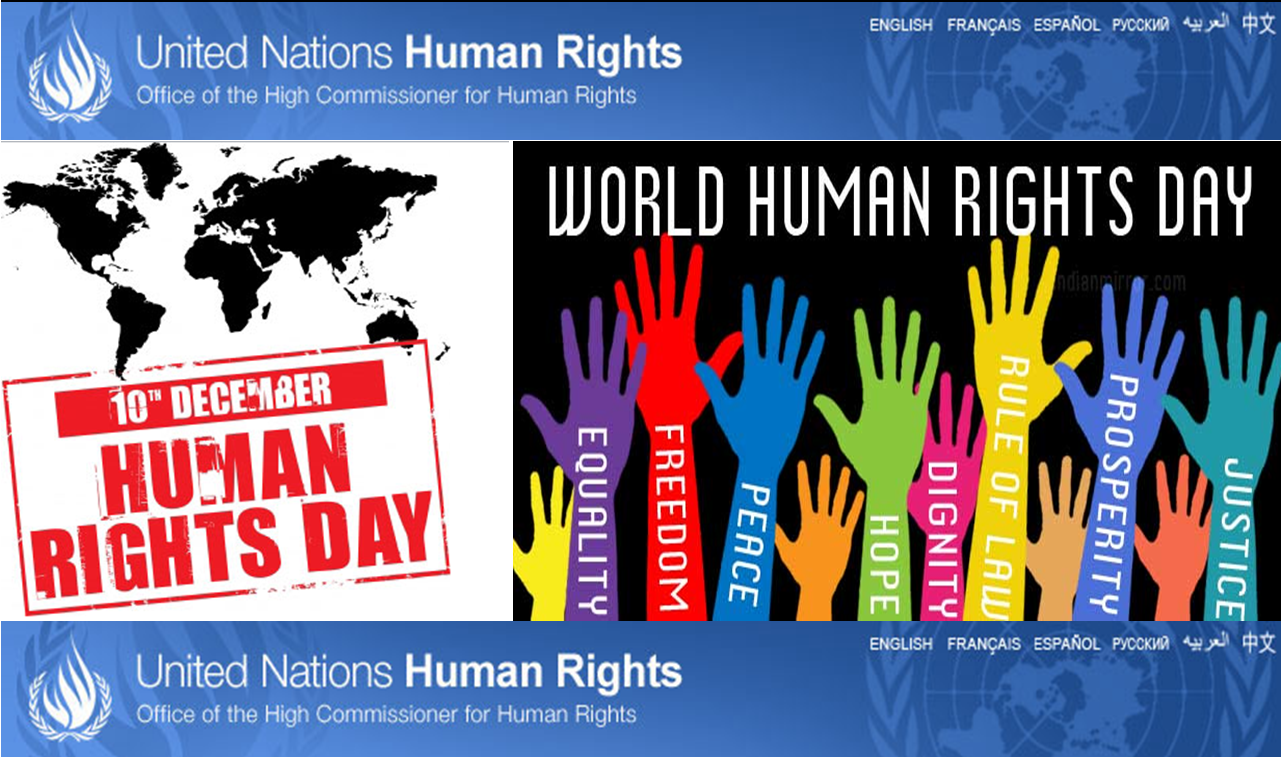
For immediate Release
December 8, 2014, 8:00am EST
Contact: Uyghur American Association +1 (202) 478 1920
The Uyghur Human Rights Project (UHRP) is alarmed at the deterioration of human rights conditions for Uyghurs in East Turkestan during 2014.
On the occasion of Human Rights Day 2014, UHRP calls on the Chinese government to remove ethnic policies that deny Uyghurs fundamental human rights and adhere to the international standards celebrated on Human Rights Day.
UHRP also calls on the international community to elevate the importance of human rights issues during meetings with Chinese officials, and in particular to raise concern over the Chinese government's use of security measures to commit human rights abuses against the Uyghur population of East Turkestan.
"Under the rule of Xi Jinping, Uyghurs have only experienced harsh repression. When it seems as if the Chinese authorities have done all they can to refuse Uyghurs basic liberties and freedoms, officials find a new way to exacerbate the tensions in the region," said UHRP director, Alim Seytoff in statement.
Mr. Seytoff added: "2014 has been a disastrous year for human rights in East Turkestan. China's answer to increased violence is to ratchet the pressure up on Uyghurs through an anti-terror campaign that only succeeds in terrorizing ordinary Uyghurs. The life sentence handed down to Ilham Tohti, a Uyghur who attempted to build interethnic dialogue, should give rise to the stark realization that China does not want or value the opinions of Uyghurs, especially as the state alters the physical and cultural landscape of East Turkestan in the name of 'development.'"
The annual December 10 commemoration of the adoption of The Universal Declaration of Human Rights (UDHR) by the United Nations General Assembly in 1948 is a reminder of the indivisibility of human rights and of government obligations to meet international human rights standards.
2014 has witnessed a number of disturbing human rights concerns in East Turkestan, including credible allegations of extrajudicial killings, politically-motivated sentences handed down to Uyghurs and further restrictions placed on traditional religious practices.
Deadly incidents in Kelpin County in April and Yarkent County in July have left a number of unanswered questions over the Chinese authorities’ role in the killings of Uyghur civilians. Accusations that Chinese security forces deployed excessive force and conducted extrajudicial killings have not been adequately addressed to date.
The allegations of extrajudicial killings of Uyghurs have occurred against the backdrop of increased security measures in the region.
On January 7, 2014, Chinese President, Xi Jinping announced a “major strategy shift” in East Turkestan, which reprioritized regional policies toward “social stability.” On January 17, 2014, Chinese state media detailed how regional officials plan to double the budget for the Xinjiang Public Security Bureau (PSB) following a string of incidents in 2013, many involving the use of lethal state force on Uyghurs.
The May 23, 2014 announcement of a one-year anti-terror campaign in East Turkestan has resulted in allegations of human rights violations in East Turkestan, particularly in light of Xinjiang party chief, Zhang Chunxian's comment stating the crackdown would employ “unconventional measures.”
Since May 23, Chinese and overseas media have described a series of region wide mass trials, death sentences, and executions. UHRP is concerned that due process of law has not been observed in these cases, given the speed and atmosphere of retribution in the region.
Only eight days after Xi Jinping's January statement, Uyghur academic, Ilham Tohti and several of his students were detained. Mr. Tohti, who worked as a professor at Beijing’s Minzu University (formerly Central Nationalities University), often questioned the efficacy of Chinese government policies targeting Uyghurs citing worsening economic, social and cultural conditions. He is also known for operating the Uighurbiz website, shutdown since his detention, which offered information on Uyghur social issues in Mandarin Chinese and employed as volunteers a number of his students.
Professor Tohti was found guilty on charges of separatism and sentenced to life imprisonment on September 23, 2014 after a two-day trial that began on September 17. In an article dated November 20, 2014, the Associated Press reported the Xinjiang High Court upheld the conviction of Ilham Tohti on charges of separatism. Human Rights Watch called the hearing "highly politicized" and the the Congressional Executive Commission on China (CECC) outlined a number of procedural violations during the case, as described by Ilham Tohti’s lawyers. Seven of his students went on trial on November 25. To date, the verdicts are not publicly available.
Uyghurs’ religious freedom has also significantly deteriorated. In May, UHRP reported on a notice posted in Shayar County in Aksu Prefecture detailing how informants could receive a reward for reporting on local residents exhibiting one or more of 53 proscribed behaviors. The notice specified for potential informants 18 religious activities, including customary religious practices. In a November 30 article Reuters reported on new regional regulations that broaden the curbs on religious life in East Turkestan that included a ban on religious practice "in government offices, public schools, businesses or institutions."
The universal rights to life (Article 3), freedom of speech (Preamble) and religious belief (Article 18) are all guaranteed under the UDHR.
See also:
Uyghur Political Prisoners – A Call for Action
Trapped in a Virtual Cage: Chinese State Repression of Uyghurs Online
Sacred Right Defiled: China’s Iron-Fisted Repression of Uyghur Religious Freedom
